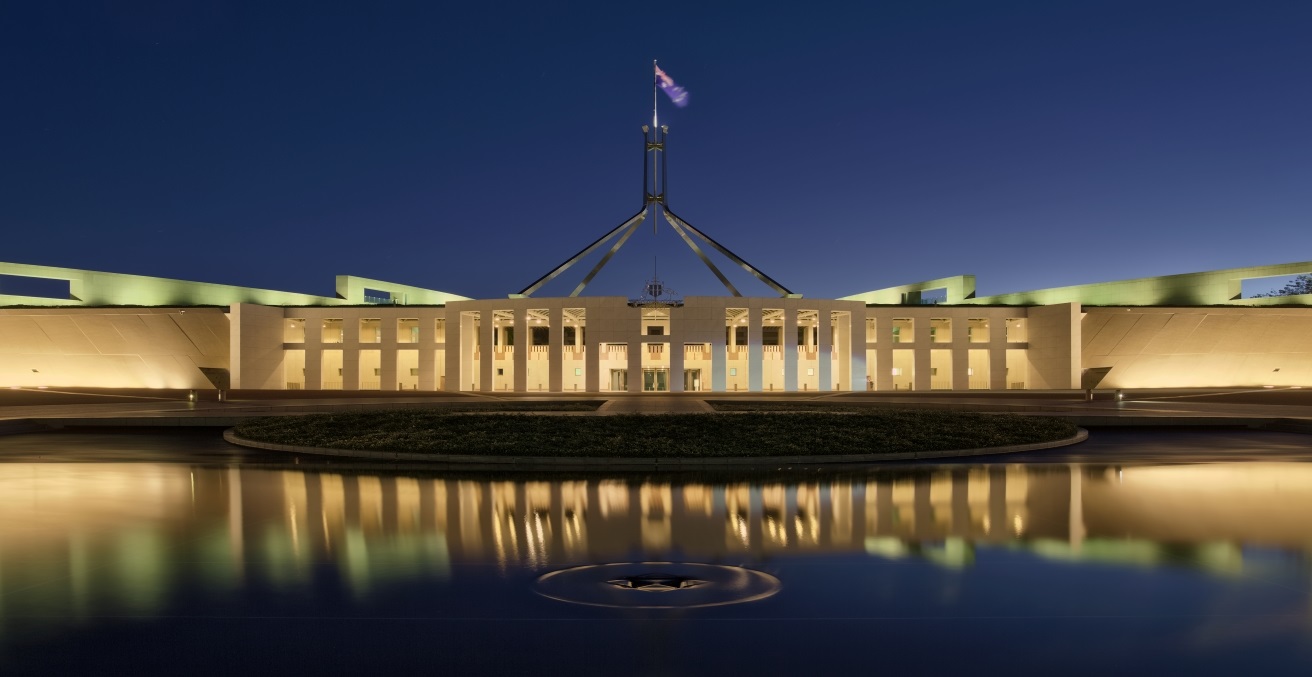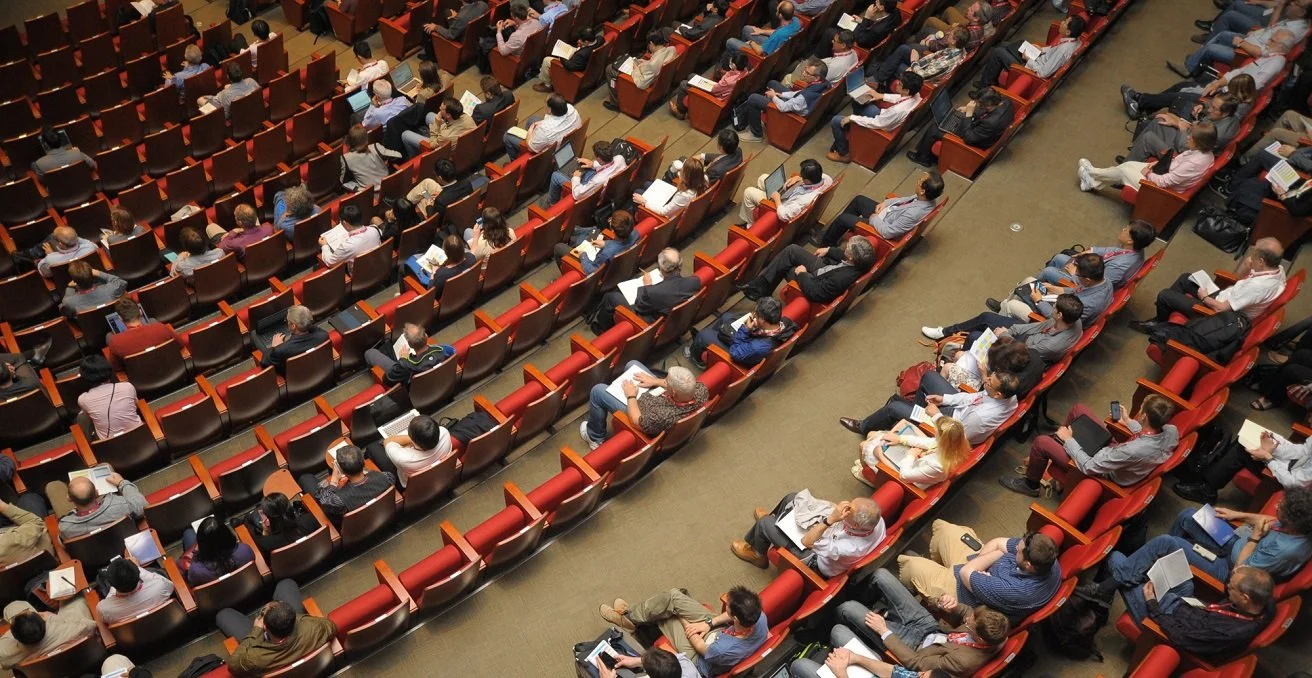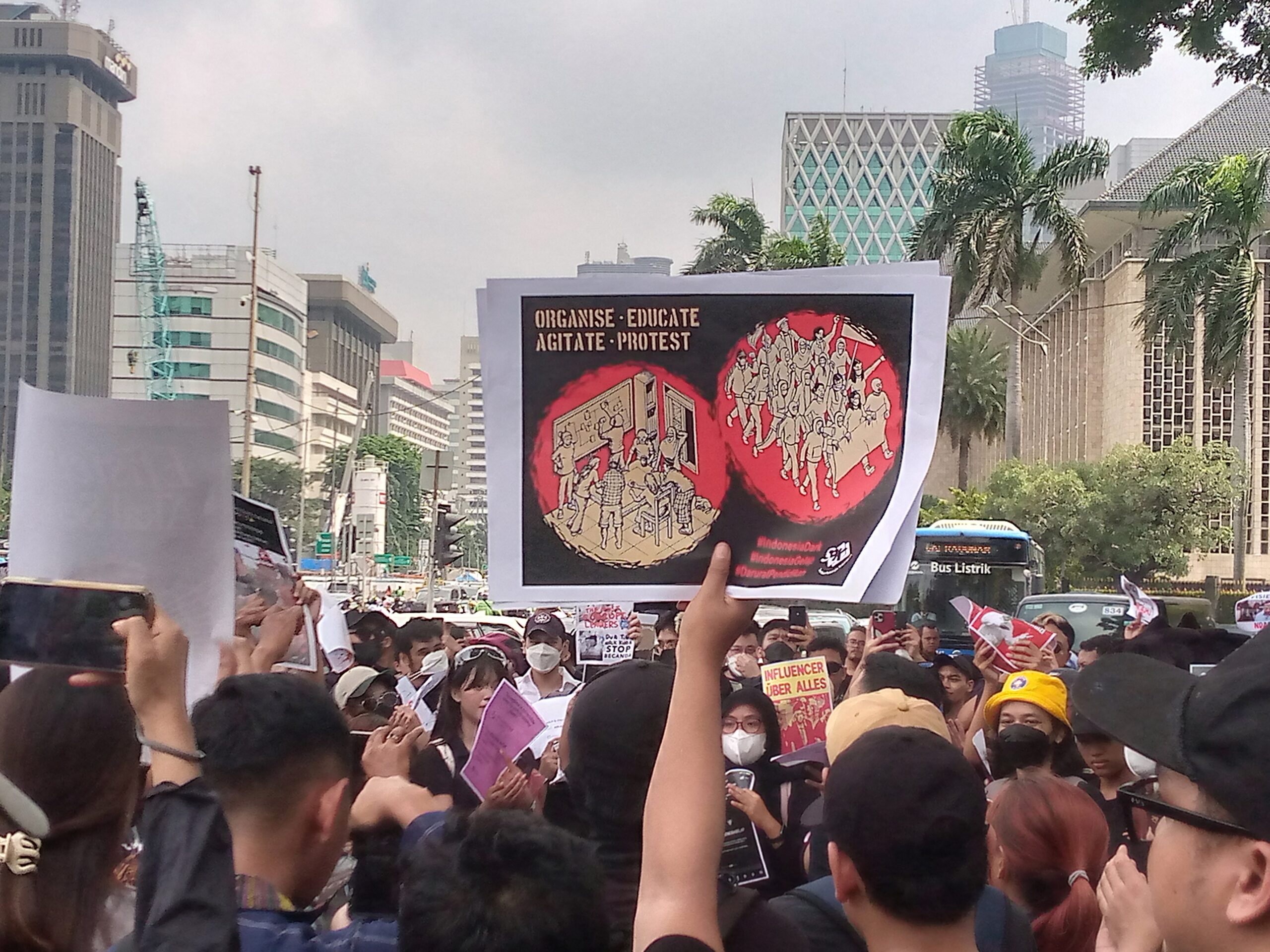Former Philippine president Rodrigo Duterte’s detention by the International Criminal Court (ICC) marks the first time that a former head of state will be prosecuted for systematic and state-sponsored mass murders in the name of a “drug war.” It is also the first instance that the beleaguered Court has brought an Asian leader to trial.
Rodrigo Duterte’s arrest by the International Criminal Court on 11 March 2025 was lauded by survivor-families as a first step towards exorcising one of the darkest chapters of Philippine history, albeit tainted by the collapse of the Marcos-Duterte alliance. As the country’s “sovereign trickster,” one of Duterte’s last gambits prior to arrest was to revive the call for Mindanao secession. Arguments that the southern island’s separation is politically and economically unfeasible notwithstanding, emerging developments and new proxy wars between Manila and Davao point to the enduring allure of “Duterte magic” and the possibilities of political resurrection.
Even behind bars, Duterte the “sovereign trickster” still haunts the Philippine political imagination amid the implosion of his family’s alliance with current President Ferdinand “Bongbong” Marcos, Jr. One such haunting is among Duterte’s last gambits to ward off arrest: a call for the secession of his home island-region of Mindanao. The pitch was part of last-ditch efforts to shield himself from accountability for an estimated 30,000 drug-related killings dating back to his tenure as mayor of Davao City. Strong statements from lawmakers, the Philippine defence establishment—including former generals Duterte raised to prominence—and even the once-secessionist Moro Islamic Liberation Front (MILF) forced Duterte to backtrack and clarify that it was a mere “joke,” meant to raise awareness to the plight of the historically-marginalised island.
To this day, it is unclear if Duterte’s “hot air” was intended purely for shock value, or to genuinely test the waters for Mindanao’s independence, despite his failure to deliver on federalism. However, political developments in the wake of the arrest point to a few uncomfortable truths: That attempts to exorcise the potty-mouthed strongman (and by extension, his daughter and sitting Vice President Sara Duterte) aside, Duterte’s “magic” endures, and that deep-seated geographic divides and resentments fuel pathways for deeper polarisation and instability.
The demise of the Marcos-Duterte “UniTeam” was not a surprise, although the speed with which Sara Duterte was impeached by the House of Representatives in February 2025 certainly was. She remains vice president pending a Senate trial in July 2025. Proceedings will take place one month after the 12 May 2025 elections, a clear referendum on the administration’s ability to secure senatorial seats for impeachment. Although Marcos allies were unable to dominate the Senatorial “Magic 12,” the impact of political horse-trading on local alliances has been immense. Duterte himself won the Davao City mayoral race, triggering jokes that he will also be the first local executive to “work from Hague.”
Defying readings that his star had waned post-presidency, Duterte’s hold on the Filipino psyche resurged on 11 March, creating ripple effects that—as with much of Philippine politics—are fuelled more by emotion than logic. Even critics of Duterte’s drug policies and pro-China stance grudgingly admitted that they felt sorry for the old man. Others felt uncomfortable at seeing a former head of state taken powerless to a foreign land. Many wept. Thus Inday Sara’s vague hashtag, “I am not a Filipino for nothing,” struck an emotional chord that in hindsight echoed the first time that Duterte called for secession in Davao City.
The series of “prayer rallies” in Davao and the Hague were not surprising given Duterte’s powerbase, but the passionate responses to Duterte’s arrest in the Bangsamoro Autonomous Region in Muslim Mindanao (BARMM), the country’s only subregional parliament, are of particular interest. Similar to his now-deceased predecessor Benigno “Noynoy” Aquino III, Duterte acknowledged the forcible annexation of Mindanao to the Philippines via the 1898 Treaty of Paris as one of the historical bases of the conflict. He also claims local heritage despite his Visayan settler-colonial roots. Thus, supporters flocked to public squares across the BARMM during Ramadhan, even in Marawi City, which Duterte had razed to the ground in a five-month-long urban war between the military and a coalition of ISIS-inspired “black flag” actors in 2017.
Ultimately, timing was a major factor. In Cotabato City, a pro-Marcos heckler was reportedly beaten up by irate citizens, the heckler’s bloody face juxtaposed online with Mindanawons’ uproar against an ill-informed pundit who had described the island as having the same level of development as sub-Saharan Africa. Days prior to the ICC arrest, Malacañang had unilaterally replaced the BARMM’s appointive Interim Chief Minister, Moro Islamic Liberation Front (MILF) chairman Ahod Balawag Ibrahim, with Abdulraof Macacua, the chief of MILF’s armed wing. This was a “last straw” moment in a series of interventions that included a Supreme Court ruling excising the province of Sulu from the region. Post-3/11, it was briefly feared that events would lead to the splintering of the MILF, whose 40,000 members of the Bangsamoro Islamic Armed Forces (BIAF) are slated to be decommissioned along with other substantive security, development, and justice reforms.
Although the MILF—signatory to one of the last relatively intact peace deals in the world—has nominally rejected Duterte’s independence call, it has also strongly protested Manila’s abrogation of the unspoken rules of the peace agreement. In a pre-elections sortie of the MILF’s political party, chief negotiator Mohagher Iqbal said that they had four choices: to stay the course, be a puppet of Manila, join extremist groups, or give up. However, staying the course of peace requires these rebels-turned-bureaucrats to reimagine the feudal relationship between Manila and Mindanao. With so much of Philippine power concentrated in the capital with varying degrees of devolution to local vassals, Malacañang’s hand is never truly hidden.
While secession is no longer a publicly-declared objective of the Bangsamoro fronts, Duterte’s post-presidency “joke” has shown that it can be pulled out as a threat whenever deemed necessary. A Mindanawon cynical adage is that when something happens in Manila, the political playbook is to make something explode in Mindanao. This applies not only to the Bangsamoro region, but to the other areas of Mindanao, which also host the remaining strongholds of communist rebels who have yet to sign a peace agreement. The postponement of the first BARMM parliamentary elections from May to October 2025 also coincides with the next two chapters of the drama: Sara Duterte’s impeachment in July, and the next appearance of Duterte Sr at the Hague in September. In this delicate political moment, too much heavy-handedness and lawfare from the Marcoses and their allies may set off deep-seated community frustration and disillusionment. Mindanao’s history has shown that emotional responses have serious implications on community stability amid continued pockets of horizontal violence and “black flag” opportunism, as well as ongoing tensions in the West Philippine Sea and the challenge of supporting military redeployment from Mindanao to territorial defence.
It would be foolhardy to predict the next plot-twists given the high degree of political uncertainty and instability, but it is clear that “Duterte magic” endures, whether due to the old man’s “performance of authenticity,” weaponising the charm of his Binisaya, jokes about death and dismemberment, or something more sinister. What is doubly uncertain is if this magic will extend to Sara and his other children: Baste, who was publicly given a kill order by his father prior to the May 2022 elections; Polong, caught on CCTV attempting to stab a pimp; or Kitty, who has not yet entered politics but is being groomed for the limelight. Given the Philippines’ necropolitical bent, the best outcome is for trickster spirit Duterte to live a long life behind bars—but without the political wherewithal to haunt the institutions he has left behind.
Maria Carmen (Ica) Fernandez is an independent policy analyst and development worker. She is a PhD candidate at the University of Cambridge Department of Land Economy. On Bluesky and X: @icafernandez
This article is published under a Creative Commons License and may be republished with attribution.




